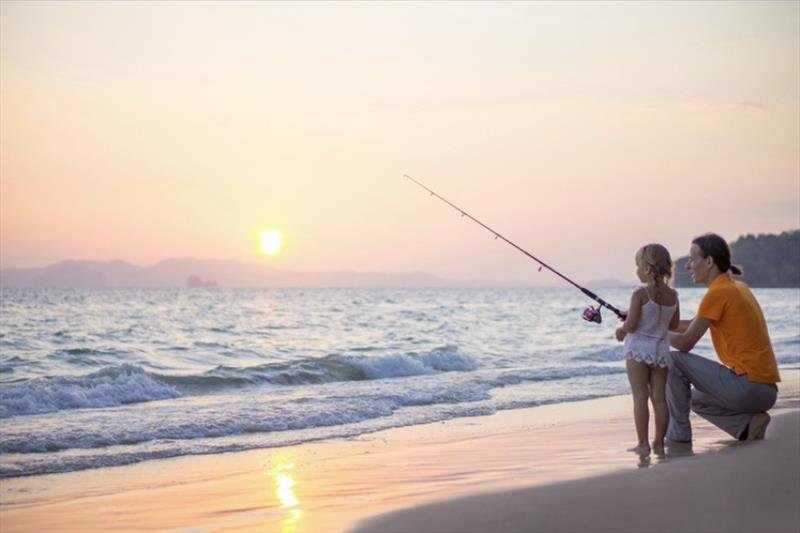
Improvements to recreational fishing data
by NOAA Fisheries 2 Feb 2020 17:55 UTC

Improvements to recreational fishing data © Andrey Burstein / Shutterstock
Since the Marine Recreational Information Program's inaugural implementation plan was published in 2008, annual reports have tracked its efforts to provide the high-quality recreational fishing statistics needed to assess and manage U.S. fish stocks.
In 2020, the state-regional-federal partnership will prioritize the tactics that will help its partners implement the recreational fishing survey designs that meet their science and management needs, while providing national guidance around survey and estimation methods.
Program accomplishments for fiscal year 2019
We advanced the use of electronic reporting in recreational fisheries data collection by adopting a tablet-based data collection program along the Atlantic coast, evaluating the uses and limitations of opt-in angler reporting apps, and co-hosting a workshop to explore the essential elements of an electronic logbook-based for-hire reporting program.
We supported the deliberate transition toward regional implementation by reviewing design alternatives to the Hawaii Marine Recreational Fishing Survey, certifying the design of Florida's Gulf Reef Fish Survey, and publishing a process to facilitate the smooth implementation of new survey designs.
We increased stakeholder understanding of the program by participating in a multi-day Fishing Effort Survey workshop [PDF] with the South Atlantic Fishery Management Council, increasing our involvement in regional fishing shows and Marine Resource Education Programs, and publishing a new program brochure.
We achieved transparency in program operations with the detailed documentation of current and former recreational fishing surveys, estimation methods, and internal operating procedures.
Program priorities for the coming year
We will continue to support the deliberate transition toward regional implementation by completing the certification of survey designs in Washington, Oregon, and California; completing the transition toward specialized state surveys in the Gulf of Mexico; and helping partners select survey designs to be implemented in Hawaii, Puerto Rico, and the U.S. Virgin Islands. We will also support the implementation of new for-hire data collection requirements in the Gulf of Mexico and South Atlantic.
We will continue to support research aimed at designing, testing, and implementing new and improved surveys by exploring the feasibility of an online response option for the Fishing Effort Survey and conducting one or more pilot studies to evaluate potential effort survey improvements.
We will promote data comparability, interoperability, and usefulness across recreational fisheries data collection programs by publishing baseline survey design, data quality, and information management standards.
We will execute the provisions of the Modernizing Recreational Fisheries Management Act. The Modern Fish Act calls on the program to consider and implement, to the extent feasible, the recommendations of the National Academies of Sciences, Engineering, and Medicine's 2017 Review of the Marine Recreational Information Program. We will also enter into a new agreement with the National Academies to evaluate and report how the design of the program can better meet in-season management needs, and strengthen its partnerships with states.
View a complete list of MRIP's FY 2020 goals, strategies, and tactics [PDF format].